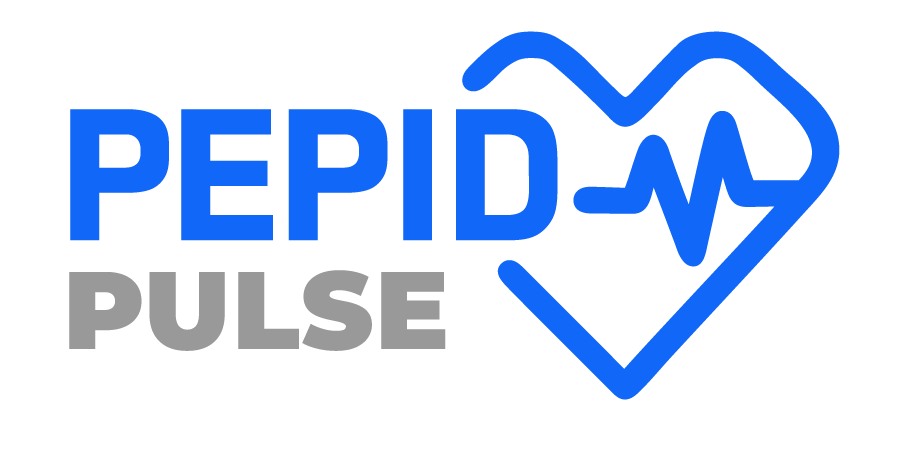April 23, 2021 Update
The Advisory Committee on Immunization Practices (ACIP) concluded the benefits of resuming the Janssen COVID-19 vaccine for people 18 and older outweighed the risks. In the advisory meeting 10 participants voted yes, 4 voted no, and 1 abstained. The interim now recommends lifting the pause on the Janssen COVID-19 vaccine under the FDA’s Emergency Use Authoriaztion with the new warning of rare blood clotting events amoung women aged 18-49 years.
Immediate pause in the use of J&J COVID-19 Vaccine
As of April 13, the CDC and FDA called for an immediate a pause in the use of Johnson & Johnson’s COVID-19 vaccine to investigate six U.S. cases of a rare and severe blood clot cerebral venous sinus thrombosis (CVST) with thrombocytopenia in individuals after receiving the J&J COVID-19 vaccine. All six cases occurred among women between 18 and 48 years of age, one of whom died. Symptoms occurred 6-13 days after vaccination.
Recommendations for Clinicians
The HAN health alert advises providers to maintain a “high index of suspension” for symptoms that might represent serious thrombotic events or thrombocytopenia such as severe headache, backache, new neurological symptoms, severe abdominal pain, shortness of breath, leg swelling, petechia, or bruising among patients who have recently received the J&J COVID-19 vaccine.
Clinical features of these rare adverse events from the Johnson & Johnson vaccine are similar to those observed following the AstraZeneca COVID-19 vaccine in some Europeans. Based on studies among patients diagnosed with immune thrombotic thrombocytopenia in Europe who received the AstraZeneca COVID-19 vaccine, the “pathogenesis of these rare and unusual adverse events after vaccination may be associated with platelet-activating antibodies against platelet factor-4 (PF4).”
Clinicians are advised to evaluate patients with thrombotic events and thrombocytopenia following the J&J vaccine with a PF4 enzyme-linked immunosorbent (ELISA) assay screening like that for an autoimmune HIT, and are also recommended to consult a hematologist.
The CDC recommends practitioners do not treat patients with thrombotic events and thrombocytopenia who have received the Johnson & Johnson COVID-19 vaccine and have a positive HIT test with heparin. Heparin is an anticoagulant drug that is usually used to treat blood clots; however, heparin may be harmful in these cases and practitioners are recommended to use alternative non-heparin treatments.
The CDC also requests that clinicians report any serious & life-threatening vaccine adverse events and deaths to the Vaccine Adverse Events Reporting System (VAERS) following COVID-19 vaccines.
Virtual Meeting April 23, 2023
The CDC convened with the Advisory Committee on Immunization Practices (ACIP) to review these cases and assess their significance on Wednesday, April 13, only to say that they need more time to assess data and risks. The CDC & ACIP are planning a virtual emergency meeting on April 23, 2021, from 11 a.m. to 5 p.m. ET. The link to the virtual meeting webcast is open to the public with no registration required to attend.
Sources
Centers for Disease Control and Prevention. (2021, April 16). Advisory Committee on Immunization Practices (ACIP). Centers for Disease Control and Prevention. https://www.cdc.gov/vaccines/acip/index.html.
Schuchat, A., & Marks, P. (2021, April 13). Joint CDC and FDA Statement on Johnson & Johnson COVID-19 Vaccine. Centers for Disease Control and Prevention. https://www.cdc.gov/media/releases/2021/s0413-JJ-vaccine.html.
Shimabukuro, T., CDC COVID-19 Vaccine Task Force, & Vaccine Safety Team. (2021, April 14). Reports of cerebral venous sinus thrombosis with thrombocytopenia after Janssen COVID-19 vaccine. https://www.cdc.gov/vaccines/acip/. https://www.cdc.gov/vaccines/acip/meetings/downloads/slides-2021-04/03-COVID-Shimabukuro-508.pdf.


Trackbacks/Pingbacks